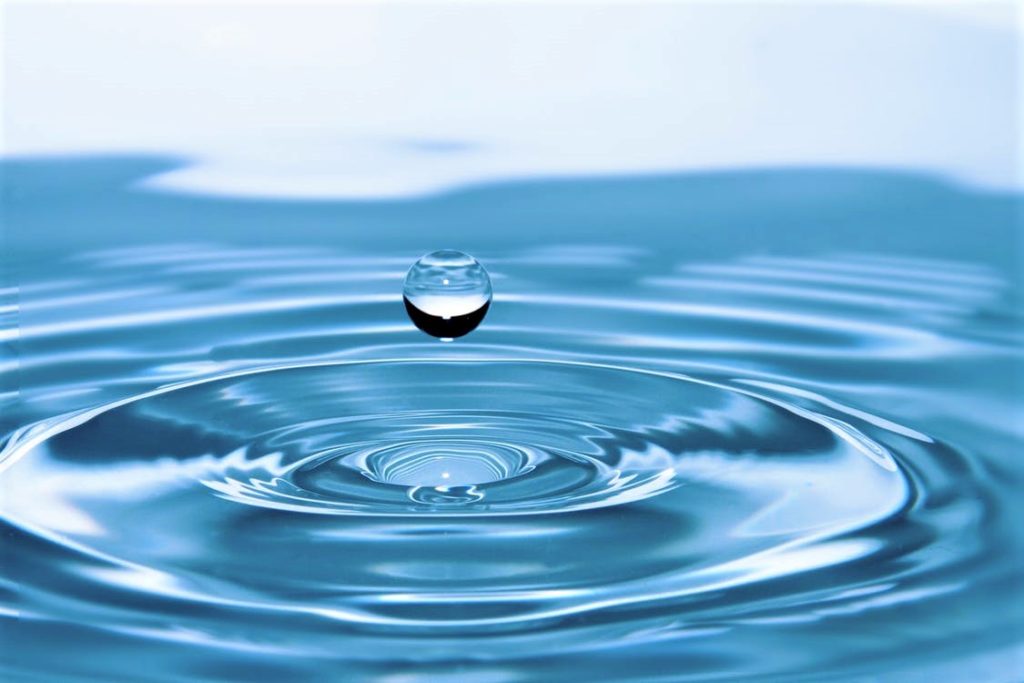
By Christian Britschgi | Reason
The U.S. Supreme Court has set the stage for continued conflict between environmentalists, polluters, and property owners with a muddled decision that attempts to establish the outer boundaries of the federal government’s power under the Clean Water Act.
In a 6-3 ruling handed down on Thursday in Maui v Hawaii Wildlife Fund—which dealt with whether a county waste treatment facility needed an Environmental Protection Agency (EPA) permit to legally emit treated sewage water into underground wells—the Court ruled that anyone discharging pollution into the ground is covered by the Clean Water Act if doing so was “functionally equivalent” to emitting pollutants into a lake, river, or other regulated body of water.
The decision, which could have major implications for the Trump administration’s deregulation efforts, was cheered on by environmentalists.








